-
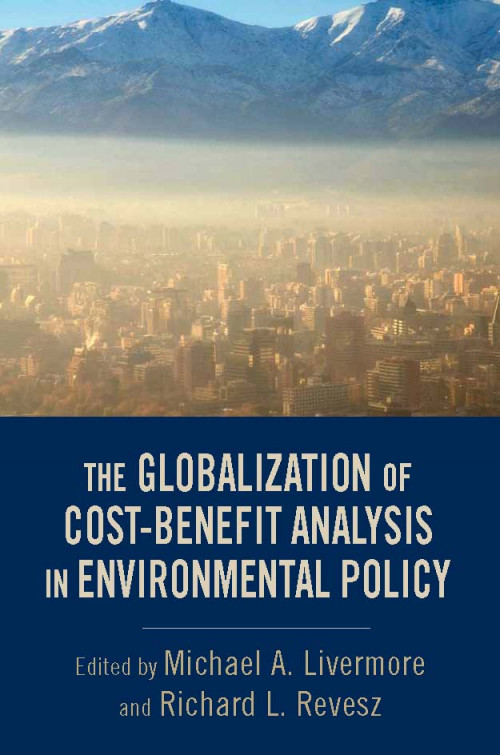
The Globalization of Cost-Benefit Analysis in Environmental Policy
The Globalization of Cost-Benefit Analysis in Environmental Policy examines how cost-benefit analysis can help developing and emerging countries confront the next generation of environmental and public-health challenges. Analysis in the book examines the growing reach of cost-benefit analysis; presents relevant case studies where cost-benefit analysis has been incorporated in the Americas, Africa, Middle East, and Asia; and includes a discussion on the conceptual and institutional issues that must be addressed when adopting cost-benefit analysis in developing and emerging countries. By providing both theoretical and practical discussion of this important new tool, this book makes a valuable contribution to the fields of environmental policy, development studies, and environmental law.
-
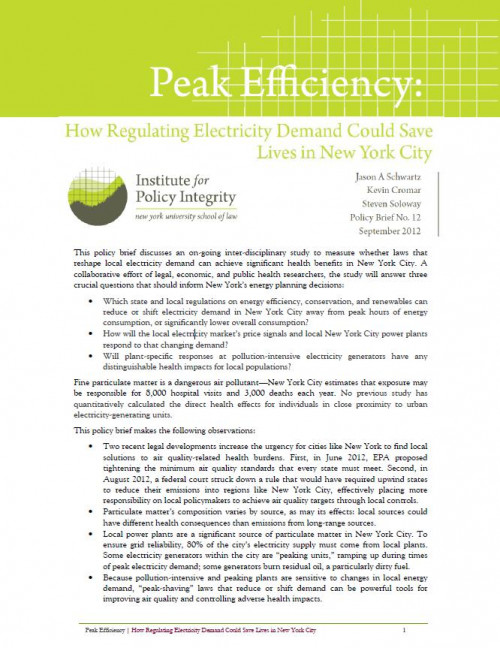
Peak Efficiency
How Regulating Electricity Demand Could Save Lives in New York City
This policy brief discusses an on-going inter-disciplinary study to measure whether laws that reshape local electricity demand can achieve significant health benefits in New York City. A
collaborative effort of legal, economic, and public health researchers, the study will answer crucial questions that should inform New York’s energy planning decisions -
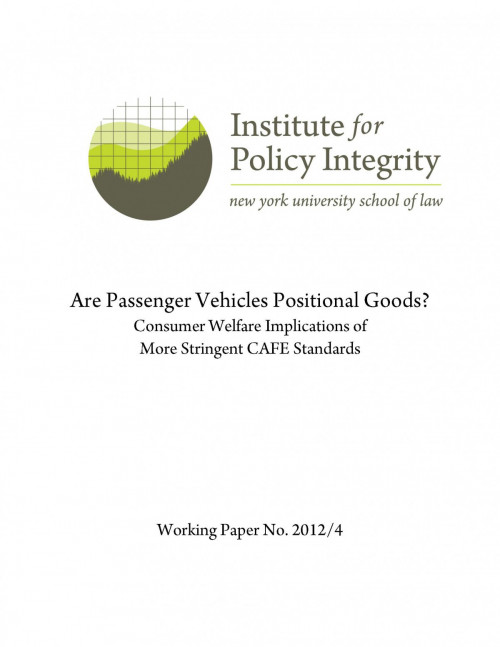
Are Passenger Vehicles Positional Goods?
Consumer Welfare Implications of More Stringent CAFE Standards
Are Passenger Vehicles Positional Goods? examines to what degree vehicles generate consumption externalities that are not currently corrected for by the market, and whether a
uniform downward shift in the size of the passenger vehicle fleet will actually result in reduced consumer welfare. -
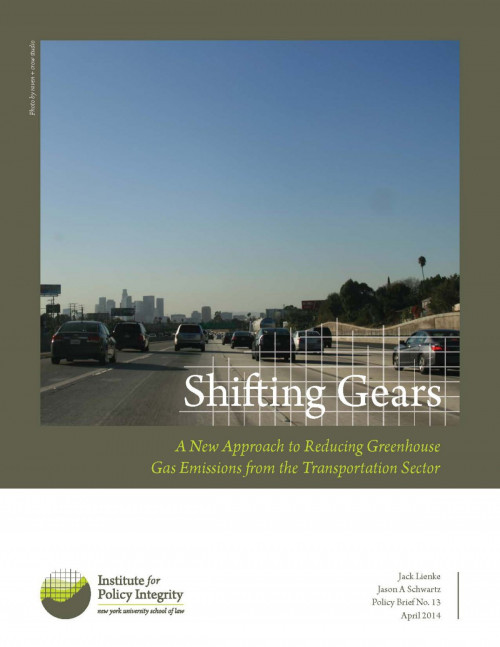
The Rebound Effect in a More Fuel Efficient Transportation Sector
Vehicle fuel efficiency improvements through Corporate Average Fuel Economy (CAFE) standards, may lead owners of more fuel-efficient cars may be driving more as their fuel cost per mile travelled decreases. It’s called the “rebound effect” and it has significant policy implications.
-
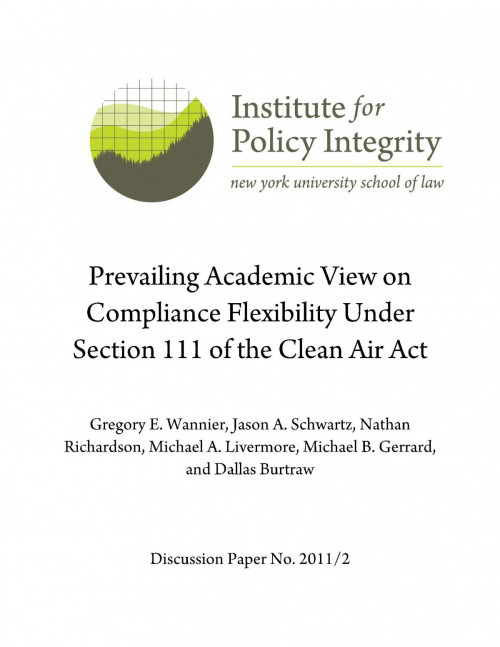
The Energy Paradox and the Future of Fuel Economy Regulation
Are the benefits of raising the fuel efficiency of America’s auto fleet greater than the costs? The answer may depend on whether or not there is an energy paradox.
Viewing all publications in Climate and Energy Policy
